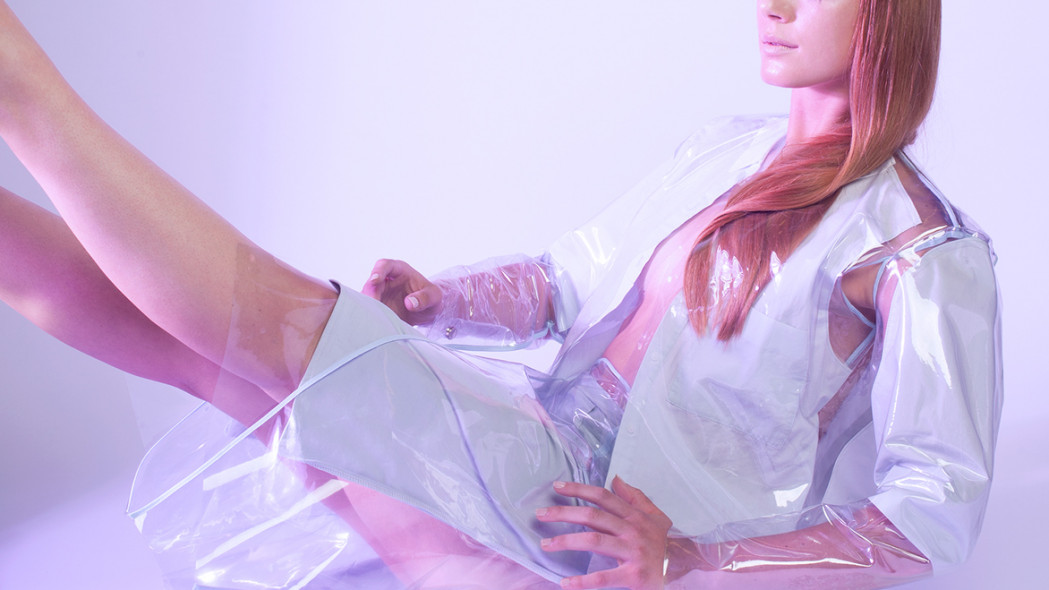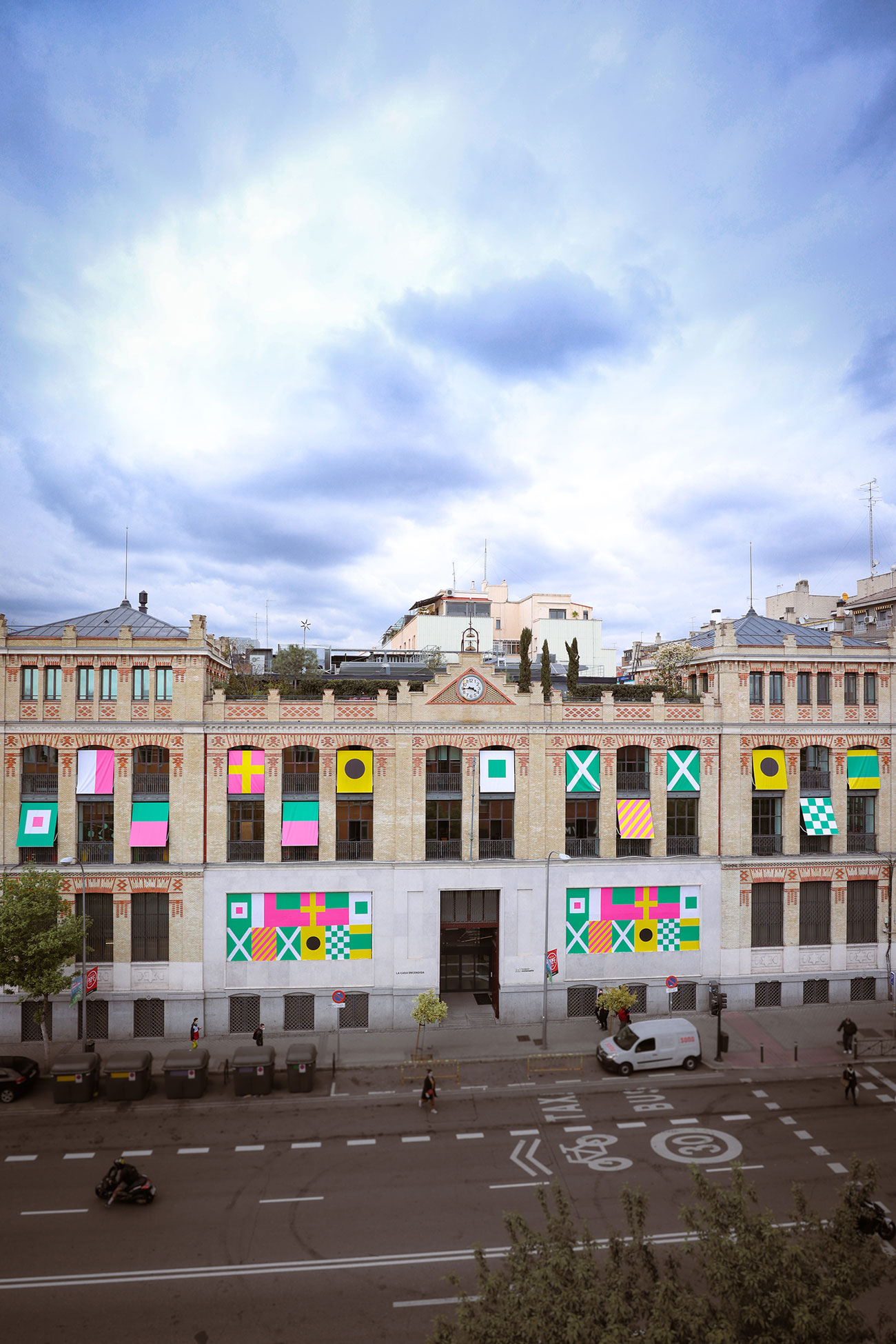Me gustas pixelad_ 2019

Second edition of Me gustas pixelad_ [I Like You Pixelated], the festival where the performing arts meet the digital world, creating a new intersection between performance art and video game design
Live art tends to question and reflect how scientific and technological progress is changing our social, material and political relations, often appropriating their aesthetics to explore the discursive possibilities of the body in constant affectation. In the 20th century, the convergence of art, science and technology produced new configurations and meanings for the body and rescaled its performativity, its being-in-the-world.
According to Pedro Moreira, a visual artist who works with the idea of “virtual existentialism”, in order to understand modern human existence, we can no longer separate the tangible being from the multiple digital beings we embody when the computer screen flickers to life. However, playing video games has long been considered just another activity, and the characters on the screen are therefore seen as mere accessories to the action of gaming. Refuting these assumptions, virtual existentialism invites us to take a closer look at the actions performed by our avatars and realise that digital bodies are an intrinsic part of how we formulate our identity—in other words, inseparable extensions of our human condition.
If we accept this theory as truth, we can no longer ignore, in our capacity as spectators, the existence of all those digital bodies, epic plots, glitches and other virtual phenomena when we watch a performance.
The second edition of the Me gustas pixelad_ festival, curated by Matías Daporta, features a programme of performances that embrace aspects of the virtual world, either in a direct or literal relationship or through abstract or referential interpretation. The piece Pamela, by Marta Ziolek, consists of various scenes scattered about the building like a multi-platform video game; in Significant Other: Oxytocin, Pedro Moreira presents himself as a being that was born virtual but became tangible; in The Innocents, Tom Kemp invites us to play at gauging the digital possibilities of the space around us; in Foreigned, by Juan Pablo Cámara, we find an archaeological site belonging to some future age or located on a new planet; and in Nice Weather for Operative Sysems, Néstor Díaz’s body suffers the glitch effect. Upon opening Katja Heitmann's Pandora DropBox, we encounter four bizarre, disconcerting, distant creatures; and in All Eyes On, Teresa Vittucci shows us how she plays in front of a screen when she’s home alone. And to get us warmed up for the festival, Pablo Durango will give a three-day theoretical/practical workshop at ESNE (University School of Design, Innovation and Technology) about using the art of “drag” to create characters.
At the same time, La Casa Encendida has partnered with ESNE to organise a hackathon, where a prize will be awarded to the best pitch for a video game inspired by the work of any of the performance artists appearing at Me gustas pixelad_. Over three days, participants will work in teams of four, racing against the clock to have their project ready to be presented and judged on Sunday, 3 March.
Additionally, in order to learn more about the practice of the festival's guest artists, Marta Ziolek will be in residence at Replika Teatro until 8 March, when she will give a presentation to explain her current research. Pedro Moreira will also be in residence for two weeks at Nigredo Espacio and will likewise give a public presentation introducing his next project.
